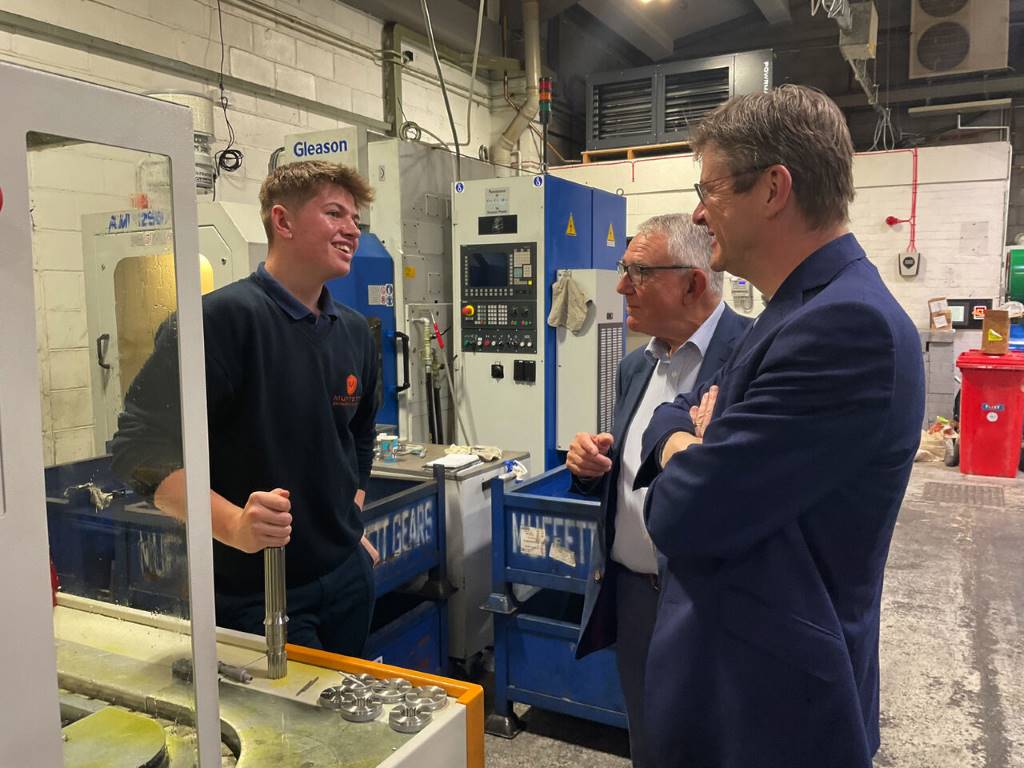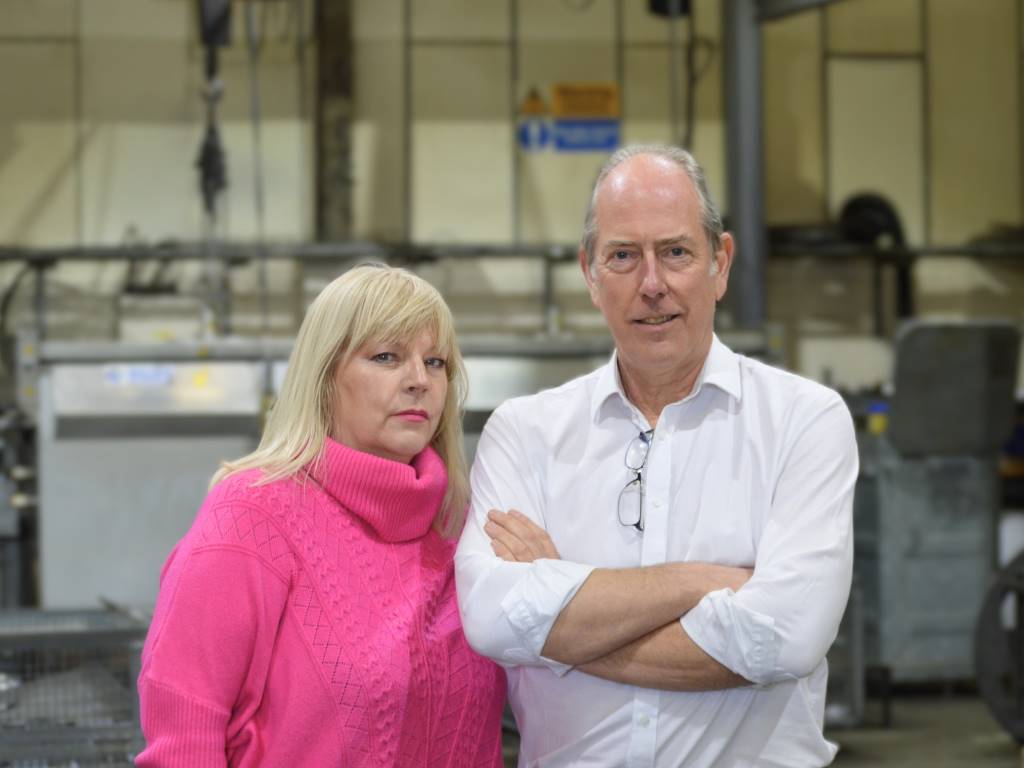Medical man
In January 2009, after 25 years working in the manufacturing sector, precision parts specialist Ralf Merz started his own medical manufacturing business.
In January 2009, after 25 years working in the manufacturing sector, of them 20 years in medical engineering, precision parts specialist Ralf Merz started his own medical manufacturing business.
Since then Mr Merz has won contracts with some of the best known names in the industry. He puts the early success of his fledgling business down to a number of important factors, including understanding his clients' precise requirements, and employing the best value CNC machine tools.
Based in Sankt Ingbert, Germany, engineer Ralph Merz's business specialises in developing and manufacturing high quality medical components and prosthetic joints for the medical device and implant sector. Clients such as the British company Corin Group employ Mr Merz to improve its products and to redesign parts for easier, quicker and more cost-effective manufacturing.
The bioengineering market is growing fast. People generally are living longer – putting more and more strain on body joints. Every year, surgeons all over Europe perform hundreds of thousands of joint replacements to treat degenerative arthritis, congenital abnormalities and other disorders that affect specific joint functions.
“Each joint implant is designed to restore mobility and help relieve pain,” says Merz, “so surface finish is vitally important. For instance, with replacement ankle joints the main titan body surface has to be sufficiently good to accept additional titanium coating. Joint replacements come in for a lot of wear and tear and need to last as long as possible to avoid revision.”
The freeform surfaces of ankle joints made by Mr Merz are machined using simultaneous motion on a 5-axis Haas VM-2 vertical machining centre. For the program generation the Esprit CAM system from DP Technology is used. “We chose the VM-2 because it is equipped with everything we need to make our parts,” Mr Merz explains. “We also ordered the high speed option, the TR160 trunnion table, a Renishaw spindle probe and a tool setting probe.”
Mr Merz worked with Haas CNC machine tools at his previous company and for a while gave programming lessons at the local Haas Factory Outlet (HFO), a division of Katzenmeier, – an activity he continues to this day. When it came to selecting a suitable CNC machine tool for his business, there was only one name on the list.
“Apart from first class support and service, there are several advantages to using Haas,” he explains. “Above all, the price/performance ratio is very good compared with competitor machines – resulting in lower hourly rates/operating costs. We could have bought much more expensive machines, but we wouldn't have used all their functionality and the cost of our parts would have increased.” Mr Merz's DIN9001 certified company also specialises in making titan surgical implant kits for knee replacements. “Surgeons take these kits into theatre, so that they have everything they need to complete a knee replacement operation,” he says. “Of course, people come in different sizes, so the kits have to contain different sized tools.”
Armed with what is known as an AMC guiding block pattern, it is possible to prepare the geometry of the bone ready for knee surgery. The pattern Merz has designed integrates four surgical instruments in a single block measuring approximately 75mm x 25mm x 60mm.
Machined from a solid billet of 1.4542 stainless steel (20% chrome content), the blocks are finished in a single set-up on the 5-axis Haas VM-2. Spindle speeds up to 4,000rpm are deployed along with 2.5m/minute feed rates and 3mm depths of cut. Solid carbide coated milling cutters as small as 1mm in diameter and drills of 0.8mm in diameter are used to create specific features to tolerances as small as 0.005mm.
These features were once created using an EDM machine, but are now made using the Haas VM-2 as well as a Haas Super MiniMill. “In order to use such small tools, the runout of the spindle must be very precise otherwise cutters will break.”
A busy and growing workshop with only two CNC machine tools needs to know those machines can be relied upon as Mr Merz concludes: “The Haas machines run Monday to Saturday from 6am to 8pm,” he says. “Depending on the order intake they also run overnight and on Sundays, but they are very reliable machines and the excellent support from HFO Katzenmeier means we never have to worry about missing delivery deadlines.”
Haas
www.haas.co.uk













